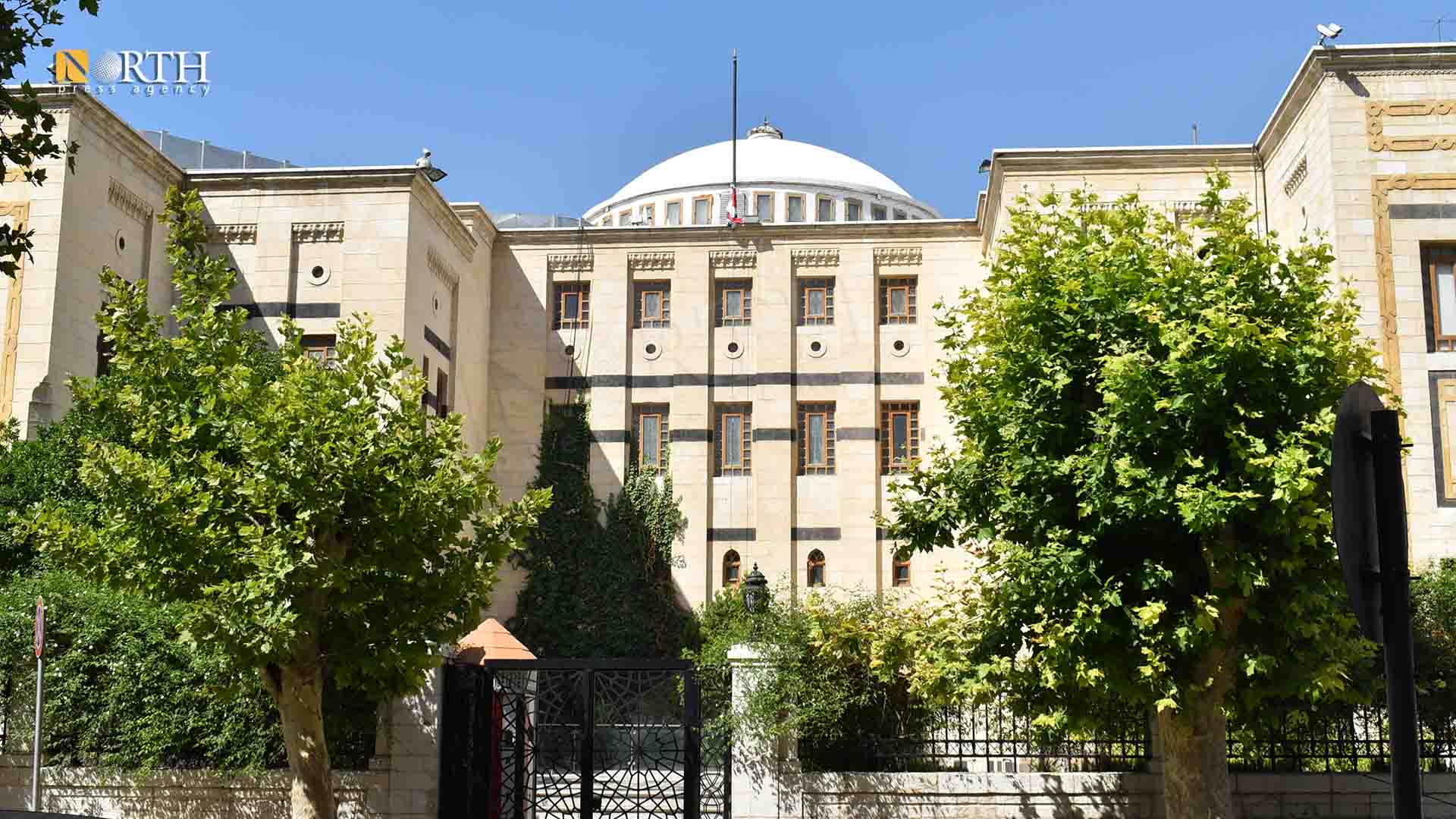DAMASCUS, Syria (North Press) – Syrian analysts and observers have differing opinions regarding the use of the term “Internal ISIS” in the Syrian government-held areas to refer to influential people close to the government who control the country’s resources.
Some believe that the term is appropriate to refer to those responsible for the deterioration of the economy and living crises in the Syrian governorates, while others believe that the name ascribes responsibility to hidden parties in order to dismiss the corruption of direct administrative government agencies.
The nearly decade-long war in Syria has resulted in higher rates of corruption than before 2011, both in terms of its size and spread, or in relation to its forms and methods.
Corruption and government
Tamer Qarqoti, a Syrian journalist living in Germany, said that “’Internal ISIS’ is the most suitable and equivalent term to the partnership of corrupt forces with the government apparatus.”
“This partnership is the most economically powerful partnership with a partisan political cover, as its members get exceptional government facilitation,” he added to North Press.
Qarqoti believes that the common interests of the executive apparatus, especially in the first row, and the union of corruption that was built for decades and has been working in secret, have led to corruption being exposed in the last decade in order to seize the capabilities of the Syrian economy.
He stressed that those who are corrupted are protected by government agencies, which bear part of the responsibility for destroying the economy and entrenching corruption in society.
Qarqoti notes that “economic and political alliances, and huge financial cartels, have been able to devour the Syrian economy, leaving the overwhelming majority of Syrians with nothing but scraps.”
Decision-makers
The term “Internal ISIS” became widely used on social media and in the daily life of Syrians in areas controlled by the Syrian government.
A former Syrian minister residing in Damascus apologized for speaking about the term, saying only, “The ‘Internal ISIS’ members are the influential people and those who are currently making the decisions.”
Syria occupied the penultimate position in the list of the annual report on the Corruption Perceptions Index issued by Transparency International, which monitors transparency and corruption in 180 countries around the world.
Successive Syrian governments had previously announced titles and projects to combat corruption, but they often ended without announcing their results to the public.
Evading responsibility
Dr. Muslim Abd Talas, a professor of economics at the Faculty of Tourism – University of Mardin, said, “the use of the term ‘Internal ISIS’ is an attempt to evade the correct diagnosis of the problem.”
“The aim is to hold assign blame for what is happening to an entity or persons who are not the essence of the problem, but rather are part and contributors to the basic problem,” Talas added.
Talas believes that “the Syrian regime invented a new type of ISIS that helps it to evade the historical responsibility that all human systems bear; for that there are minimum limits of development and change.”
Moreover, he added that “the control of corruption over the political system turns it into a mechanism that reproduces the system according to its measure, and this is a major reason for the lack of change and development of the sociopolitical system.”

